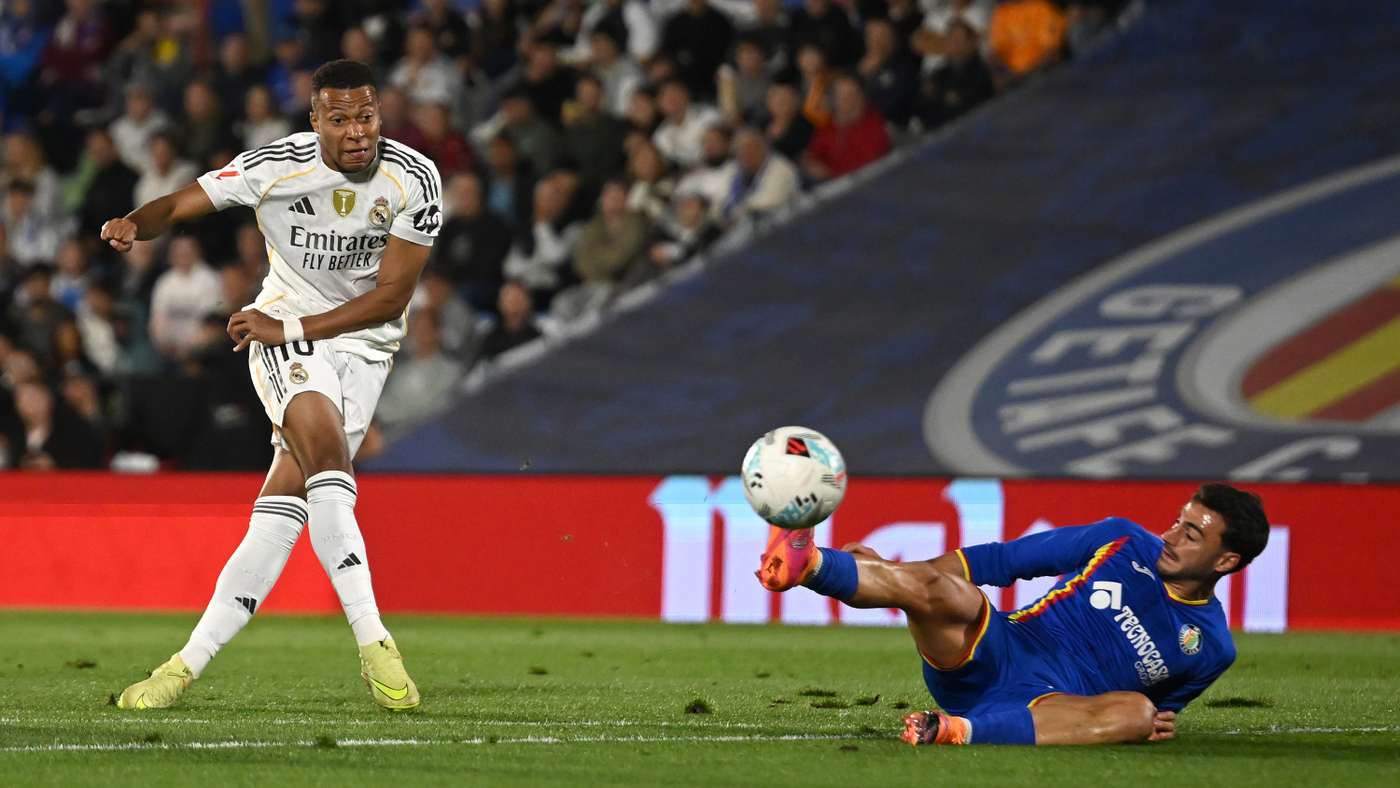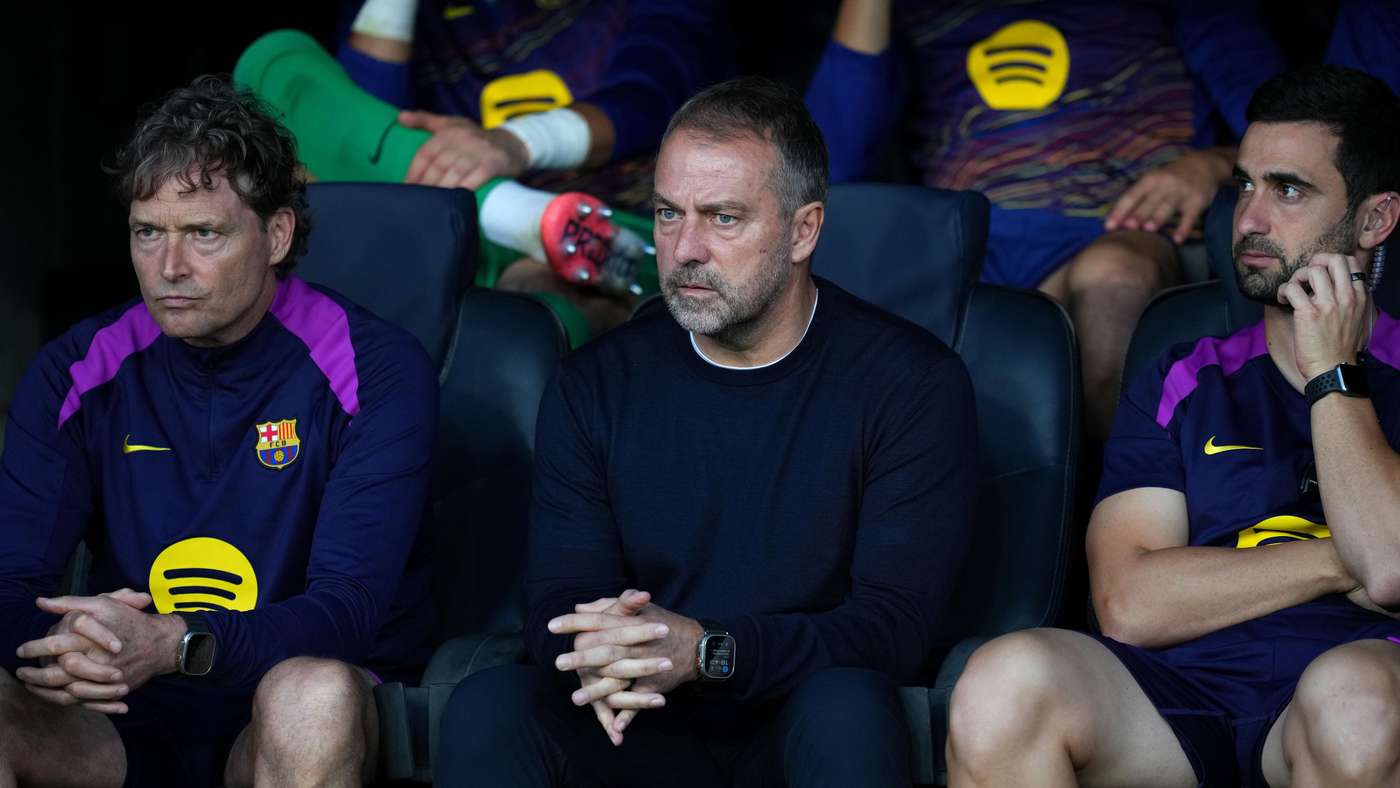Barça fights back: Barcelona appeals Flick ban ahead of the El Clasico
22 October 2025

Barcelona appeals the ban ahead of the Clasico
Barcelona has decided to file an official appeal against the sanction imposed on coach Hans Flick by the Spanish disciplinary committee, hoping to allow him to sit on the bench for the upcoming Clasico at the Santiago Bernabéu.
According to the Spanish daily Mundo Deportivo, the Catalan club will present its appeal to the appeals committee after the disciplinary panel ruled Flick should miss one match, a consequence of a double yellow in the most recent La Liga game against Girona.
The referee, Jesus Gil Manzano, showed Flick the first yellow in the 90th minute for applauding a decision in protest, then a second yellow “after a gesture of refusal,” which led to his sending off from the game.
Because the incident was recorded as two yellows rather than a direct red, the punishment stands at one match.
Barcelona said it ignored the notes submitted in its defense before the decision, meaning Flick will miss the touchline for the Clasico on Sunday, a match that could decide La Liga’s summit.
Following the decision, Barça decided to head to the appeals committee on Wednesday, chaired by Miguel Díaz E. García Condeño, in a bid to persuade the panel of their viewpoint and seek to overturn the sanction so Flick can lead the team from the technical area at Bernabéu.
Notable career journey
Hans Flick, born in 1965 in Heidelberg, is one of the most influential coaching figures in European football over the past decade.
He began his playing career as a midfielder with Bayern Munich in the 1980s, but didn’t gain major fame on the pitch and transitioned to coaching after an early retirement.
His coaching path started with Hoffenheim in the mid-1990s, where he delivered solid results in the lower divisions and drew attention to his tactical acumen. His defining period came when he served as an assistant to Germany coach Joachim Löw from 2006 to 2014, a era that culminated in Germany’s 2014 World Cup triumph in Brazil. Those years saw Flick as the architect behind a modern German approach built on high pressing and quick transitions from defense to attack.
After a successful spell with the German federation, he returned to club football to coach Bayern Munich in 2019-2020, replacing Niko Kovac. In his first season, he led Bayern to the historic sextuple, winning the Champions League, the league, the cup, plus the local and European super cups and the Club World Cup. Under his leadership, the team showcased an attacking style that cemented its place among Europe’s best teams.
In 2021 Flick took charge of the German national team, facing significant challenges rebuilding the squad after results dipped, and his tenure ended after the 2022 World Cup. In the summer of 2024, he embarked on a new chapter with Barcelona, becoming the first German coach to helm the Catalan club, aiming to restore the club’s silverware and distinctive football identity. His career remains a demonstration of blending German discipline with modern coaching thinking.
Worrying numbers for Barça
Official data from La Liga cited by Sport indicates troubling signs of physical decline under Flick as Barcelona begins the 2025-2026 season.
According to Sport, drawing on La Liga data, there is a clear drop in running distance and effort from last season, both in total distance per match and meters covered at high speeds (above 21 and 24 km/h), placing the team well below the league average.
During the 2024-2025 season, Barcelona ranked among the most physically active teams, ending fifth with an average of 117,429 meters per game, above the league average of 115,572 meters.
Back then, the team combined intense pressing with ball control and persistent pressure, remaining competitive until late in games. Only Celta Vigo, Atlético Madrid, Girona, and Espanyol outpaced them in this regard.
But after just one year, the picture changed dramatically. In the first eight rounds of the current season, Barcelona dropped to fifteenth in distance covered, averaging 113,444 meters per game, roughly four kilometers less than their previous figure, and below the league average of 115,091 meters. This signals a noticeable drop in intensity and the ability to sustain effort throughout matches.
The gap to immediate rivals has widened: Atlético Madrid leads this metric with over 120 kilometers per game, while teams like Espanyol, Elche, and Celta Vigo also exceed 117,000 meters.
Meanwhile Barcelona has slid into the lower end of the table alongside Athletic Bilbao, Sevilla, and Valencia. Notably, Real Madrid sits at the bottom for the second consecutive year at 110,626 meters, despite a vertical style that helps compensate for lower distance covered.



